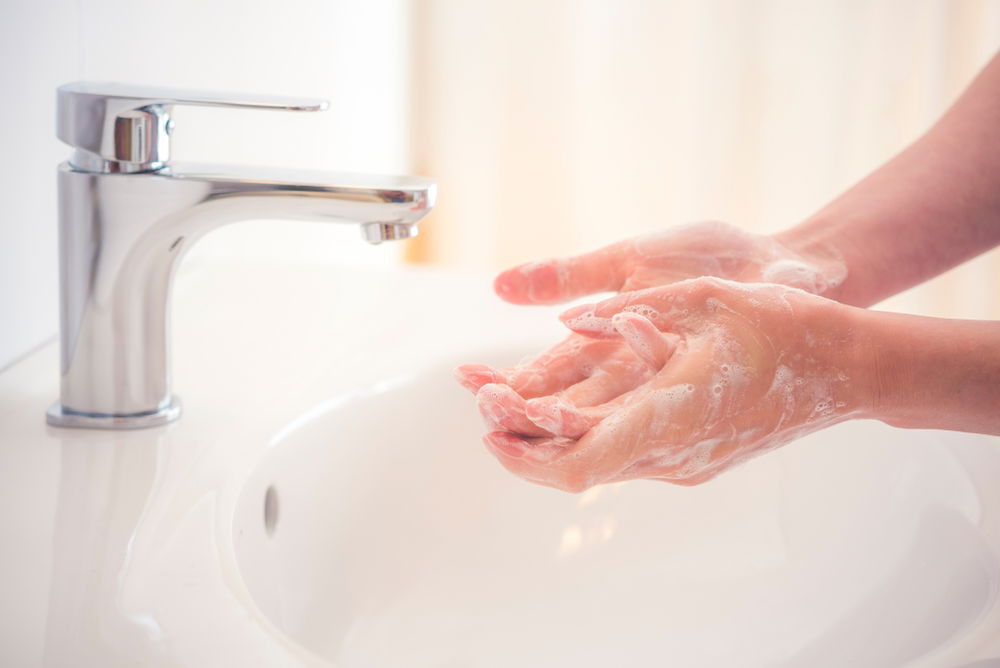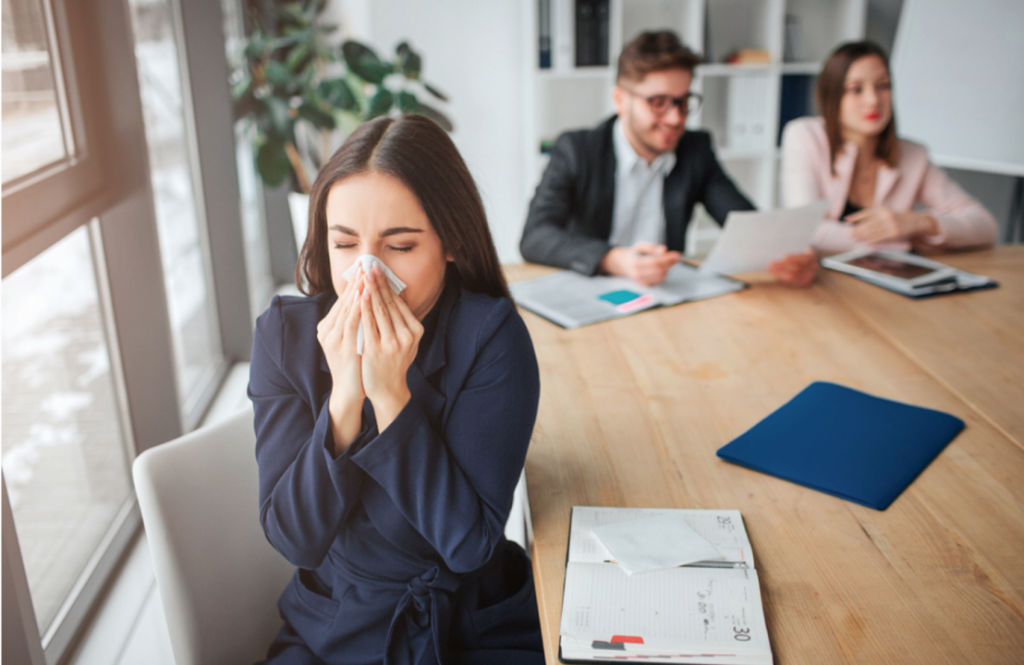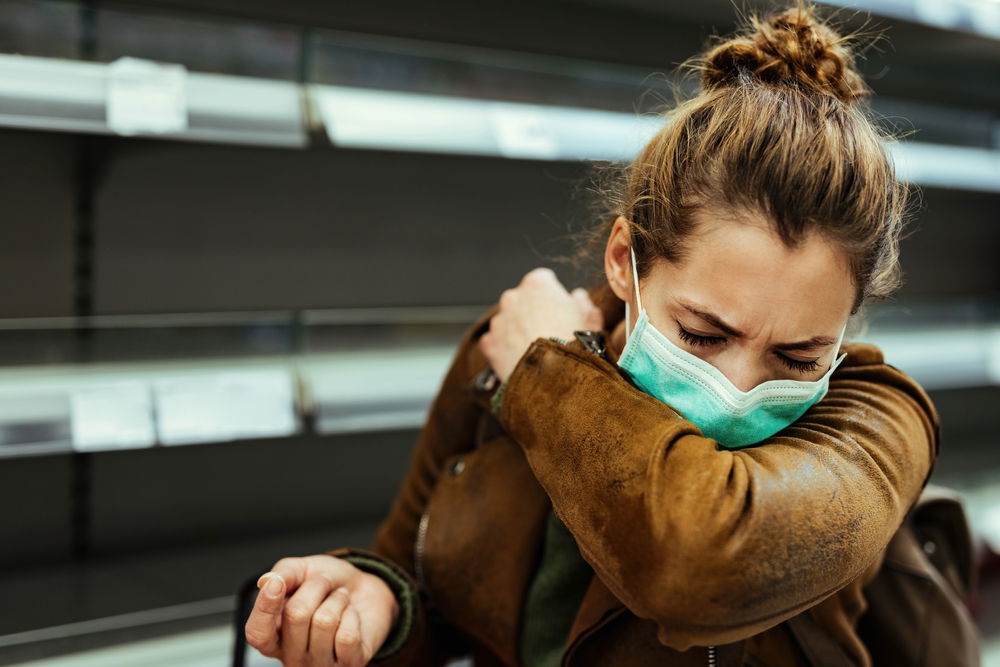 7 Habits of Everyday to Avoid If You Do Not Want Covid
7 Habits of Everyday to Avoid If You Do Not Want Covid

Maneuvering through the COVID-19 pandemic is not an easy task. There are so many things to consider when trying to avoid contracting the virus, and it can be very daunting to constantly be on watch about staying healthy. With all of the risks associated with contracting the disease, and the potential of having a more serious case, everyone around the world is looking for answers. We are all hoping for some reprieve from the worry, or protection from COVID-19. But the positive side is that as we are continuing to find our way through the pandemic, more research is emerging about how to stay as safe as possible. There are some preventative measures that can help increase your likelihood of getting sick, and that is a goal we all have in your view. The Center for Disease Control and Prevention (CDC) continuously updates its guidelines with new information based on current studies. Some of the most effective methods of staying safe are definitely tools you should incorporate into your daily life. Check out these 7 habits for every day to avoid if you do not want COVID-19.

Wash your hands frequently
This is the number one habit that we all need to adopt and maintain as much as possible. Washing your hands is the first line of defense against the virus. This is because so many germs are spread through our hands, even if they don’t look dirty. Wash your hands for at least 20 seconds to ensure that as much dirt and germs are removed. Keep in mind to wash during these times: before touching your face, after blowing your nose or sneezing, before holding a baby and after interacting with small children, when you return from an outing, before eating, after using a restroom, and more. When in doubt, wash your hands!

Wear a mask
There is a lot of debate about how much wearing a mask influences the spread of the virus. But research shows that even the least effective mask still helps to reduce the risk of spreading COVID-19. This is because the virus hangs out in the respiratory droplets that we emit when we talk, laugh, sing or even just breathe. These droplets can hang, suspended in the air, or are projected out towards people when we speak to them. Wearing a mask helps to reduce virus spread in this way.

Avoid being in close proximity with sick people
This is hard because it is sometimes difficult to tell if another person is sick. It is also hard if you have multiple people in your household. But as much as possible, avoid getting too close to people that you are aware have symptoms related to COVID-19. If there is someone who is sick in your household, designate one room and bathroom, if possible, for them to quarantine until they feel better. Be sure to always practice social distancing in public, and continuously wipe down surfaces that are high traffic.

Do not leave the house if you feel sick
The easiest way to keep others safe is to govern yourself accordingly if you don’t feel well. You wouldn’t want someone else putting you at risk, so have the same respect and courtesy for your community and loved ones. If you feel sick, just stay at home until you are able to safely get tested and see a doctor.

Cover your mouth
If you have to sneeze or cough, do everyone a favor and cover your mouth. It is one of the easiest things you can do to protect others. And this is a health practice that has been recommended for public behavior long before the pandemic. If you are not able to cough or sneeze into a tissue or some sort of cloth, then it is best to direct the sneeze or cough into your elbow. Using your hand does not really soften the blow of spreading the respiratory droplets, and also gets your hands covered in germs.

Try not to touch your face very often
Without even realizing it, you probably touch your face a lot. Actually, research shows that the average person can touch their face up to five times per minute. That’s a lot of germ spreading! Try to refrain from touching your nose or mouth as much as possible. Any germs that you transfer from your hands to your nose or mouth can potentially travel to your throat, sinuses, and even lungs. It may take some time to adjust to. But with some discipline, you can drastically reduce how much you spread germs.

Frequently disinfect surfaces and objects
Germs are invisible, and live everywhere. Any surfaces or objects that you touch frequently are guaranteed to be covered in invisible germs. These can include things like countertops, doorknobs, laptops, cell phones, refrigerators and other household appliances, and light switches. Put yourself on a regular schedule to disinfect and wipe down all of these surfaces and objects on a weekly basis. You will be surprised at how much this can cut down your chances of spreading the virus, or other things like the common cold or flu.
Related posts
- 6 Life-Changing Benefits of Kickboxing for Women - Fitness , health , kickboxing , sport
- Slow Parenting: Embracing a Relaxed and Unhurried Approach to Childhood - Family & Parenting , children , slow parenting
- 10 Essentials For Every Working Women's Bag - Health , claw clip , ear pods , en
- The Best Family SUVs of 2025 for Comfort and Space - Lifestyle , Audi Q5 , BMW iX3 , family SUV
- 7 Enticing Health Benefits of Chia Seeds - Food & Drink , chia seeds , diet , health
Latest posts
- Decluttering Before Deep Cleaning: A Comprehensive Guide - Home & Garden , Decluttering , home
- The Graceful Shift: Embracing 12 Transformative Changes After 50 - Beauty , health , mental health , psychology
- The Exit Strategy: Financial Steps to Reclaim Your Life from a Toxic Marriage - Lifestyle , mental health , Relationship , Toxic Marriage
- 10 Fun and Fulfilling Hobbies That Cost Next to Nothing - Lifestyle , hobby , mental health
- 12 Reasons Men Walk Away from Relationships—And What They Really Mean - Relationship , psychology , Relationship
- What Plus-Size Women Secretly Wish Their Partners Knew About Dating Them - Relationship , plus size , plus-size women , Relationship
- The Duchess We Adore: 10 Reasons Kate Middleton Continues to Inspire - Entertainment , Kate Middleton
- Cute vs. Hot: Decoding Male Appeal - Relationship , cute guy , hot guy , psychology
- 12 Things A Woman First Notices In a Man - Relationship , psychology , Relationship
- The Impact of Long-term Singlehood: 6 Positive and 6 Negative Effects - Lifestyle , mental health , psychology , Singlehood